It comes as no surprise that food systems are a priority of the UN. A Food Systems Summit will be convened in September 2021 as part of the UN General Assembly. To prepare for the summit, the UN has invited its member states to enter into national dialogues on food systems. The dialogue in Switzerland is well underway. Various interested parties have been invited to contribute to the UN summit by examining their roles in food systems.
Participants are addressing the issue of how we can change the way we go about producing, buying and consuming food in Switzerland. The aim is to identify ways of reducing the ecological footprint left behind by food systems so as to curb climate change and its consequences. In addition, due consideration must be given to all economic actors involved in the food chain so that they may enjoy decent living and working conditions. The dialogue must also address the health of end consumers, for example by discussing the use of dangerous pesticides in the food production process. The first national dialogue took place on 23 March 2021. Regional dialogues, organised by Helvetas on behalf of the Federal Office for Agriculture, are taking place on 6 May 2021 in Geneva, 18 May in Bellinzona and 20 May in Basel.
At the same time, the Swiss Agency for Development and Cooperation (SDC) is holding an independent dialogue with a number of partner organisations. The aim here is for the SDC to be able to deploy a network of countries and organisations outside of Switzerland to in one way or another focus on food systems or elements of these.

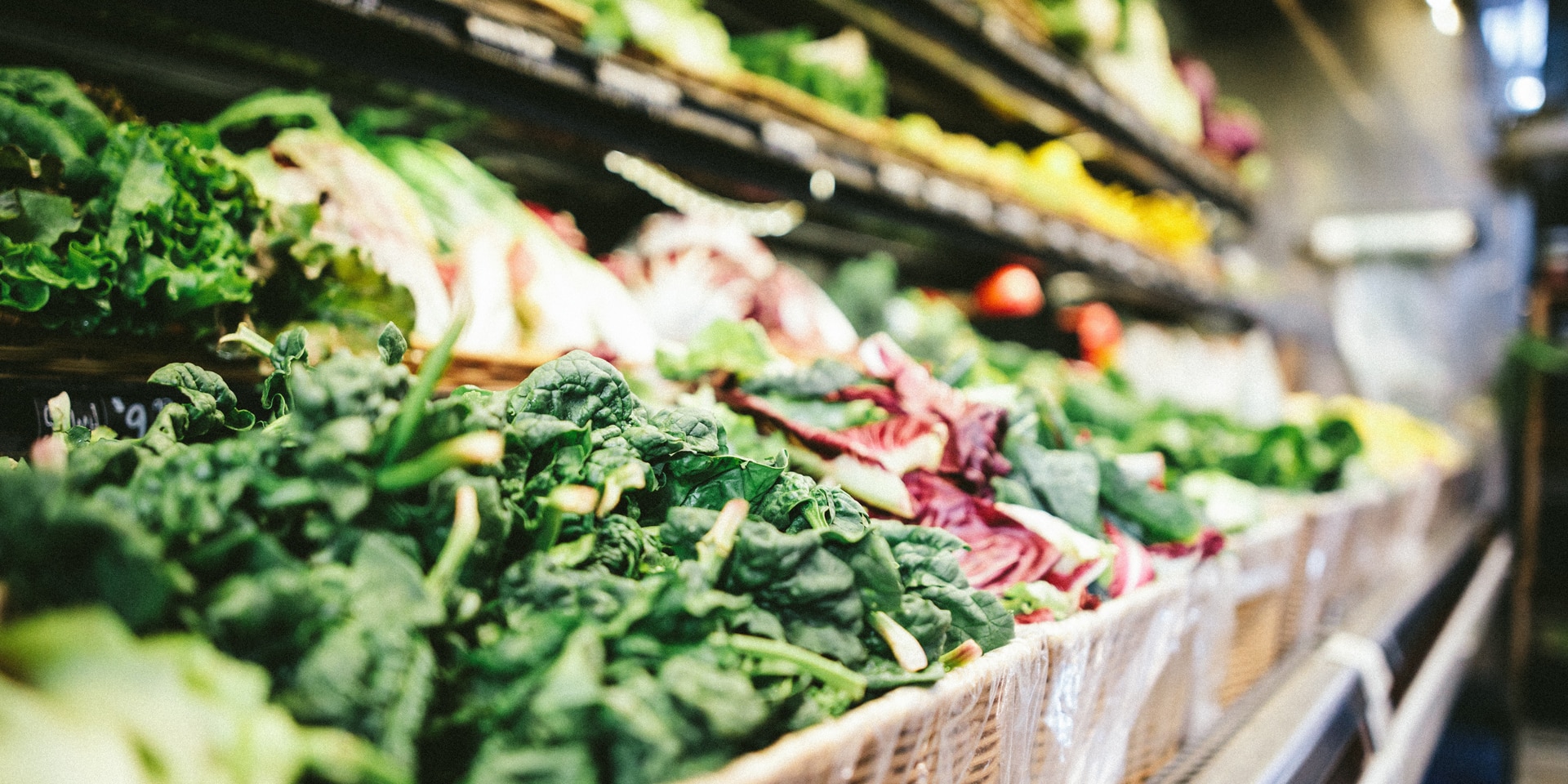
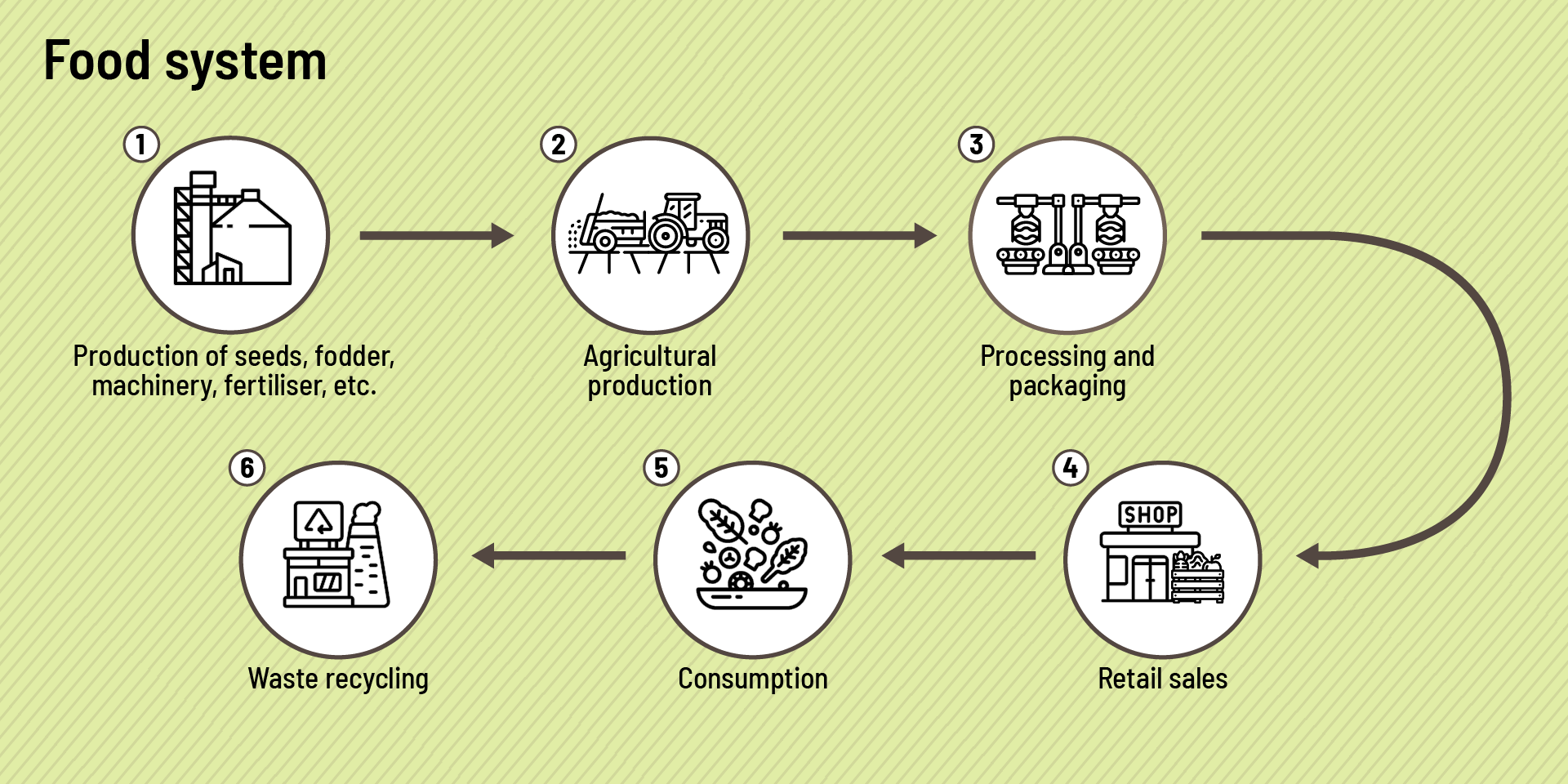
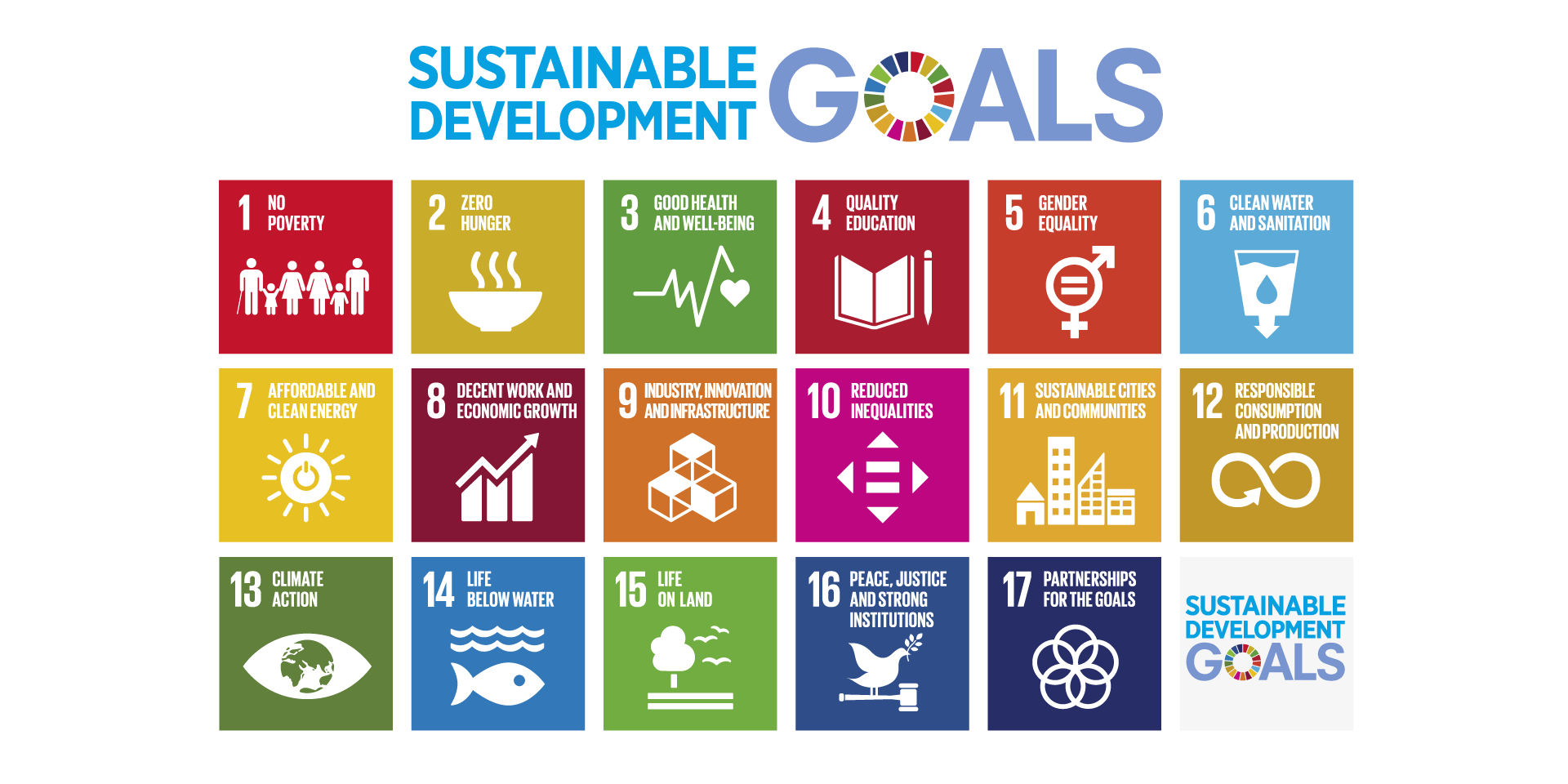
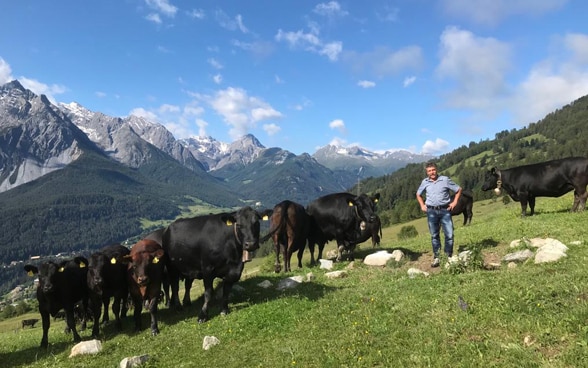
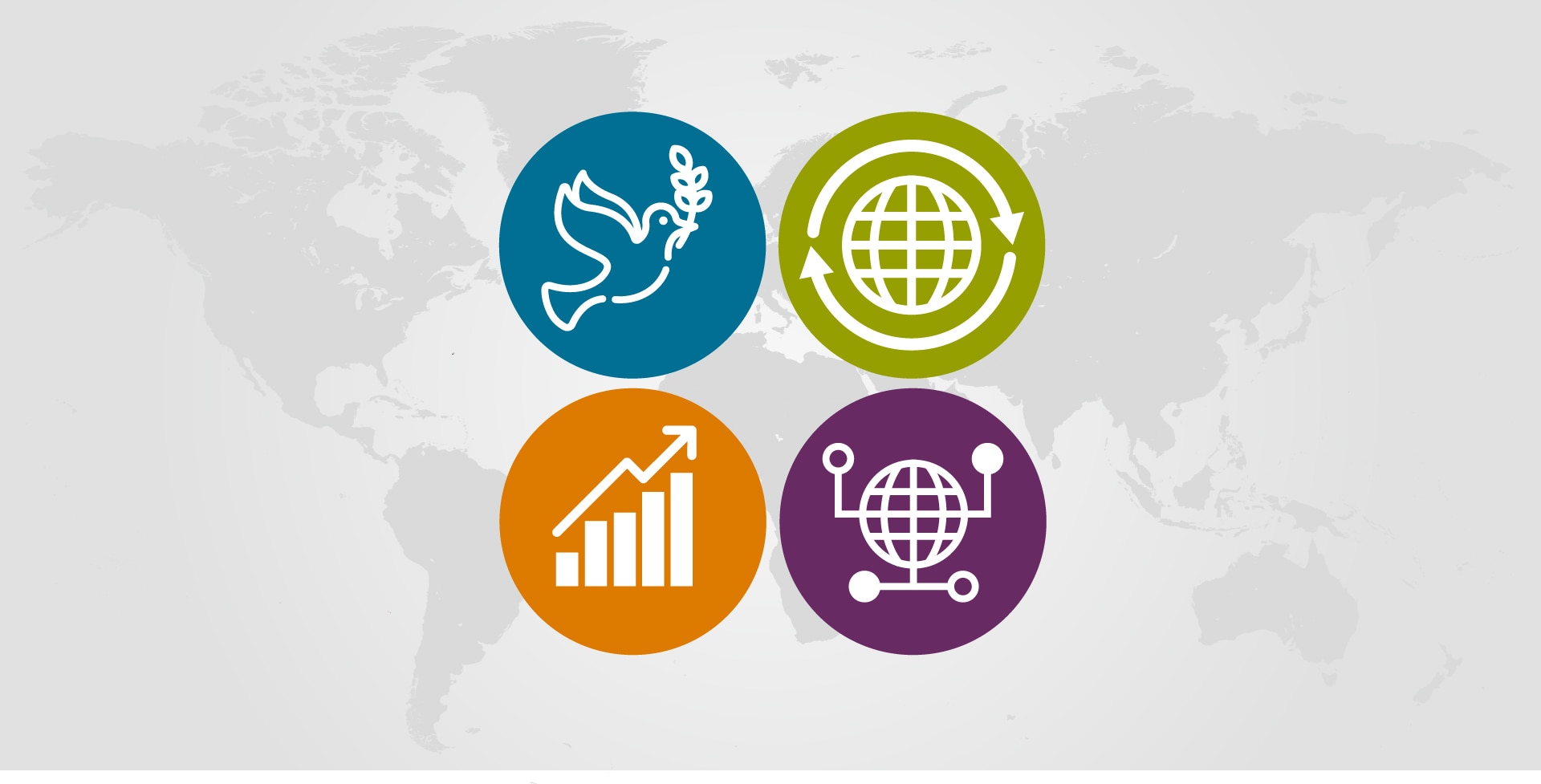
.jpg)